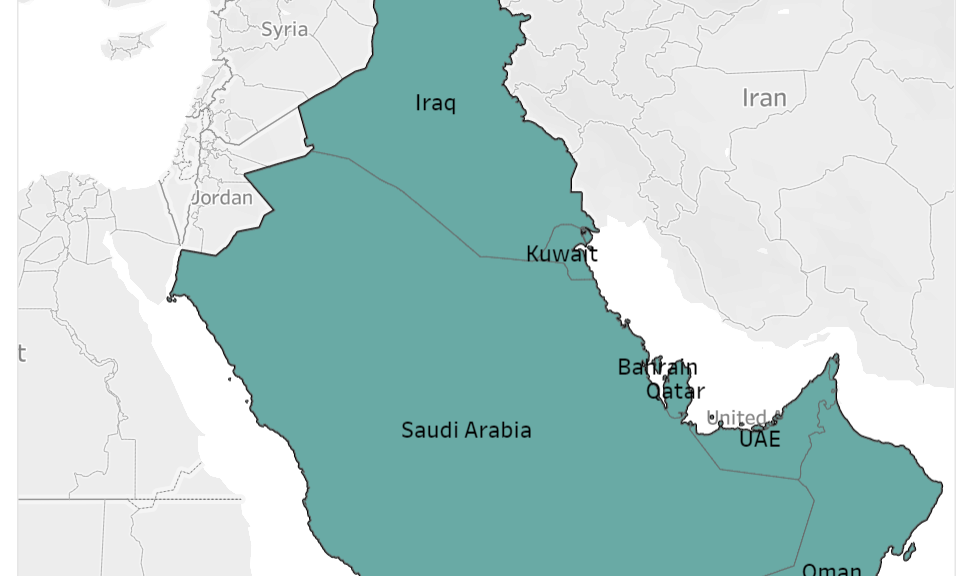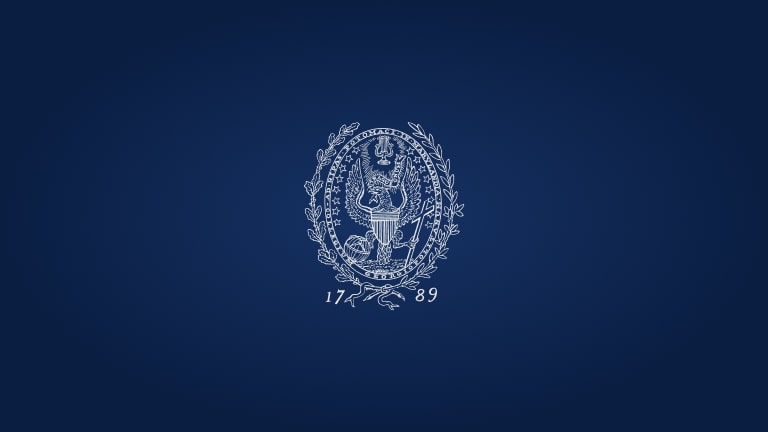The COVID Project

Since March 11, 2020, when the World Health Organization (WHO) officially declared the COVID-19 virus a global pandemic, countries around the world have adopted various measures in order to limit the spread of the contagion on their territories and to protect their populations. The Middle East is no exception. The United Arab Emirates (UAE) was the first country in the region to report a positive case of COVID-19 at the end of January, followed closely by Egypt, Iran, and Oman. Governments across the region responded swiftly by instituting a variety of measures to contain the spread of infectious disease. In addition to expanding their health systems’ capacity for detecting and treating the disease, Middle Eastern states instituted containment measures such as, restrictions on international travel, domestic limitations on movement, sterilization and hygiene campaigns, closures of schools, and transitioning much of their non-essential workforce to remote working, to implement social distancing.
Middle Eastern states vary in terms of their demography, material resources, and capacity, all of which impact their abilities to manage and mitigate the impact of a rapidly spreading, highly infectious virus. As part of Georgetown University Qatar, the Center for International and Regional Studies (CIRS) has built its scholarship on the region and is ideally placed to undertake The COVID Project. Our aim is to provide a focused understanding of how a subset of Middle Eastern countries, Iraq and the six Gulf Cooperation Council monarchies, are being affected by and responding to the ongoing global crisis. Realizing that the pandemic continues to unfold and that as a result, state responses and policies are in a state of flux, our primary goal is to provide updated information on how things are unfolding in these seven states. CIRS has so far collected aggregated data on each of these countries’ health systems so as to build a profile of their health capacity. In addition, we have collated the various policy measures states’ are undertaking to limit the spread of COVID-19 and are providing a means of viewing these from a comparative perspective. Through this special project web page, we aim to provide updated information regularly.
In addition, through a series of short analytical articles, panel discussions, and podcasts by our network of international and regional scholars and experts, we are also providing insight into broader social, cultural, and economic dimensions of the region’s COVID response. We hope to present a timely and thought-provoking discussion on a variety of topics, such as: preventative health measures and chronic health conditions in light of COVID-19; the challenges for Gulf migrants in the midst of COVID; religious ceremonies and practices according to Islamic ethics; the impact on family life, marriage, birth, and death; and national development plans, social contracts, subsidy reforms, and the Gulf.



